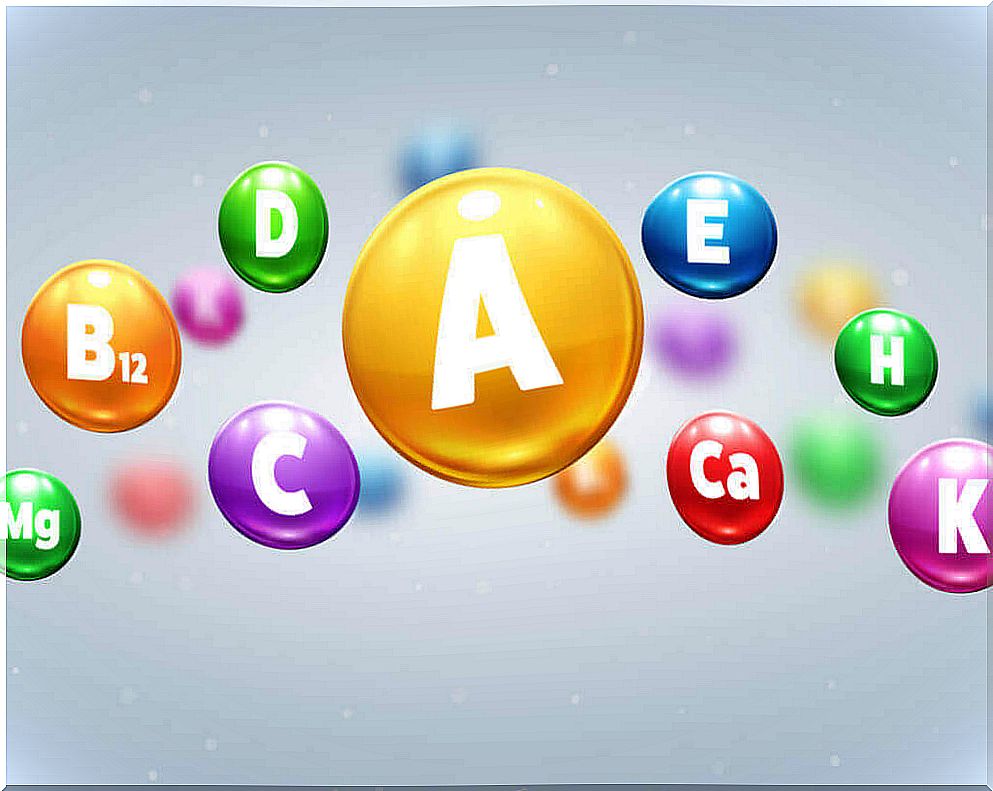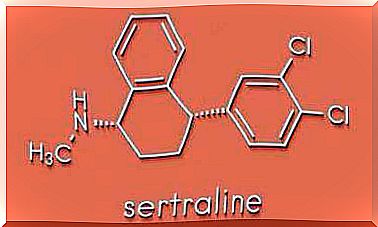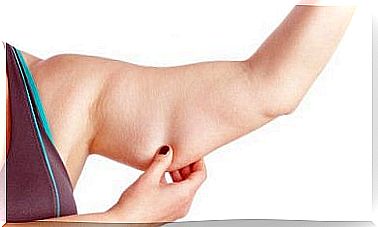Cystic Fibrosis: Diet And Diet
A good diet prevents deterioration of lung function and reduces the risk of infections. What is the right diet for people with cystic fibrosis?

Diet and nutrition in cystic fibrosis are fundamental components in the management of this disease. In this article, you will find all the explanations.
Cystic fibrosis is a chronic, inherited, degenerative disease that primarily affects the lungs and digestive system. It is produced by the mutation of a protein involved in the secretion of mucus and in the regulation of chlorine and sodium transport.
In some cases of cystic fibrosis, exocrine pancreatic insufficiency is also diagnosed. This means that the pancreas is unable to secrete these enzymes responsible for digesting dietary fat.
Therefore, nutritional status plays a fundamental role both in the development of the disease and in the quality of life of patients. Indeed, a good diet prevents the deterioration of lung function and reduces the risk of infection.
Why does undernutrition occur in cystic fibrosis?
Undernutrition is a factor in morbidity and mortality and a deterioration in the quality of life. In addition, malnutrition in cystic fibrosis is caused by an imbalance between energy consumption and calorie expenditure, determined by 3 factors: increased needs, decreased absorption and increased losses.
- Energy expenditure and metabolism: the basal energy expenditure is increased. Lung disease, associated with secondary infections and increased work of breathing, is the cause
- Decreased absorption: In general, patients with cystic fibrosis tend to have complications that limit the intake of food by mouth. This then leads to digestive alterations due to a low intake of calories
- Loss of energy: it is due to the loss of nutrients in the stool due to poor digestion and absorption. It also causes an energy imbalance

Dietary recommendations for cystic fibrosis
Maintaining a correct nutritional status is one of the main goals for the healthy growth of children and for a better quality of life.
Before implementing the necessary changes in the diet, it is important to conduct a comprehensive assessment of dietary habits and an evaluation of anthropometric measurements. The body mass index (BMI) in women should be around 22 kg / m2, and in men around 23 kg / m2.
The diet of people with cystic fibrosis will be similar to that of a healthy person. But, we must not forget a whole set of specific advice:
- Increased energy intake: provide between 120-150% of energy needs depending on age and weight. In case of weight loss, it is recommended to exceed 150%
- Protein intake: it is essential to provide 120-150% of the recommended protein requirements according to age and weight
- Carbohydrates: Carbohydrates should represent between 40-50% of the total calorie value. In addition, the consumption of complex carbohydrates is preferable. As well as avoiding simple sugars in order to maintain blood sugar control. In the event of respiratory failure, ingestion should be limited to 30%
- Lipid intake: they represent 40-45% of the total intake. On the other hand, it should be taken into account that the consumption of saturated fatty acids should not exceed 10%
- Minerals: It is important to ensure an adequate intake of minerals such as calcium, zinc, iron and sodium
- Fat-soluble vitamins: it is generally indicated to take supplements of vitamins A, D and E and, depending on the analyzes, vitamin K

How to implement these recommendations?
It is a good idea to divide meals into 3 main meals and 2 or 3 intermediate meals. In addition, it is of vital importance, in order to increase energy intake, to include healthy caloric foods in the dishes. For example :
- Healthy oils, like extra virgin olive oil
- Dried fruits
- Blue fish
- Whole dairy products and derivatives: cream, butter, cheese
- Sweet foods: homemade sweets or pastries, ice cream
Supplementation
Sometimes the diet is insufficient and a food supplement is necessary. With, for example, fortified milk, carbohydrate gels and / or proteins. Or an artificial diet (enteral or parenteral nutrition).
As we mentioned earlier, there are cases of pancreatic exocrine insufficiency and where enzyme supplementation is required for life. This is because if the enzymes are not supplied exogenously, the fat is not digested or absorbed and it is excreted in the stool.









